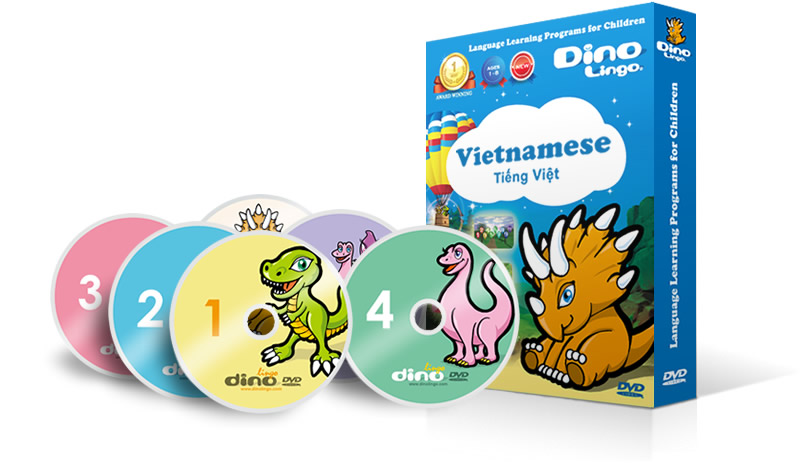
You’ll notice that it’s hard to differentiate tones and accents at first.Ī great way to practice this is to play a game called “ circle the tone”. There are also three letters that look like A (A, Â and Ă), but all are pronounced differently.īefore you get too confused, make sure you learn the alphabet, especially the vowels. For example, there are two letters that look like D (D and Đ) and they sound NOTHING alike. Yes, the alphabet is very similar to English, but it still has many differences. Great news, right? You don’t have to learn any new letters at all? Not quite… Unlike Thai, Cambodian, and Lao, Vietnamese has a Romanised alphabet. It’ll save you some embarrassment, but you’ll still enjoy it! 3. For example, if the word is biết, (to know), then you would rise up on your tippy toes because it has the rising tone, sắc.ĭon’t have anyone to learn with? No problem, just do the move as you are going through flashcards. Using your body in a fun way will make it easier to remember. For each word, do the action with the corresponding tone, and then repeat the word, and then repeat the tone. Next, have a teacher or friend read flashcards out loud. You bet I am! I told you we were going to have fun, didn’t I?! Ngang: For the flat tone, open your eyes wide but don’t move any other part of your body!.


But, one great exercise to learn all these words is to use your actual family members as a reference. If you call them older brother, you refer to yourself as em (younger brother).īasically, the words for you/me change a lot, and it’s not easy. If you call them uncle, then you refer to yourself as con (child). Then, rather than saying “I” or “me”, you’d have to refer to yourself as the corresponding pronoun for the situation. When talking to an older man, you call him Anh (older brother) or Chú (uncle). When talking to an equal, you use bạn which means friend. It’s not because they’re being rude and in your face, it’s because they want to know the most polite way to address you.

This is the main reason Vietnamese people are quick to ask you how old you are. In Vietnamese, you must address the person you are talking to according to their age, gender, and relationship to you. If you’re learning something else, use these as suggestions to get creative with your target language! If you’re learning Vietnamese, the list below will help you enormously at improving your Vietnamese skills. What if we played more games in order to improve our language skills?Īdd to that the fact that adults are better language learners than kids, and we can use games to make some hefty progress our target language! They're helpful and we can learn from them too. So, might as well make it fun right!?Īdults don't play games as often as we should (myself included!). See, language learning can be as boring or as fun as you want it to be. But the kids love it, and they also learn a ton. Since accepting the gig, I’ve realised that teaching kids while being on screen is one of the hardest things I’ve ever done in my life.Īll we do is sing songs and play games.

The show’s name is “Funny English Class”, or “Lợp Tiếng Anh Vui Vẻ”.
Dino lingo vietnamese tv#
My own TV show? This was a dream come true! In the summer of 2015, a Vietnamese production company asked me if I would be the main character on a new TV show.
Dino lingo vietnamese full#
Full disclosure: This post contains affiliate links.


 0 kommentar(er)
0 kommentar(er)
